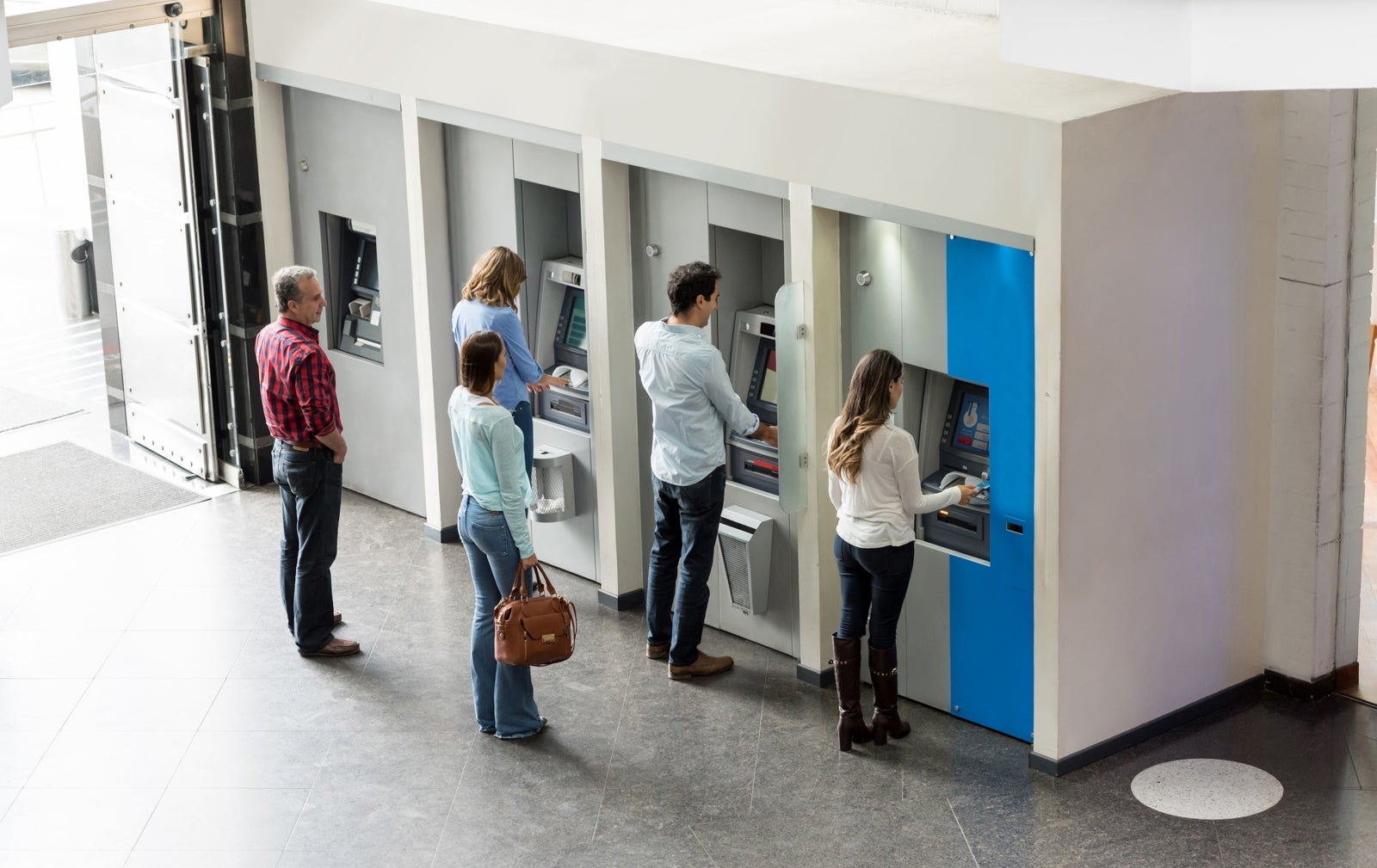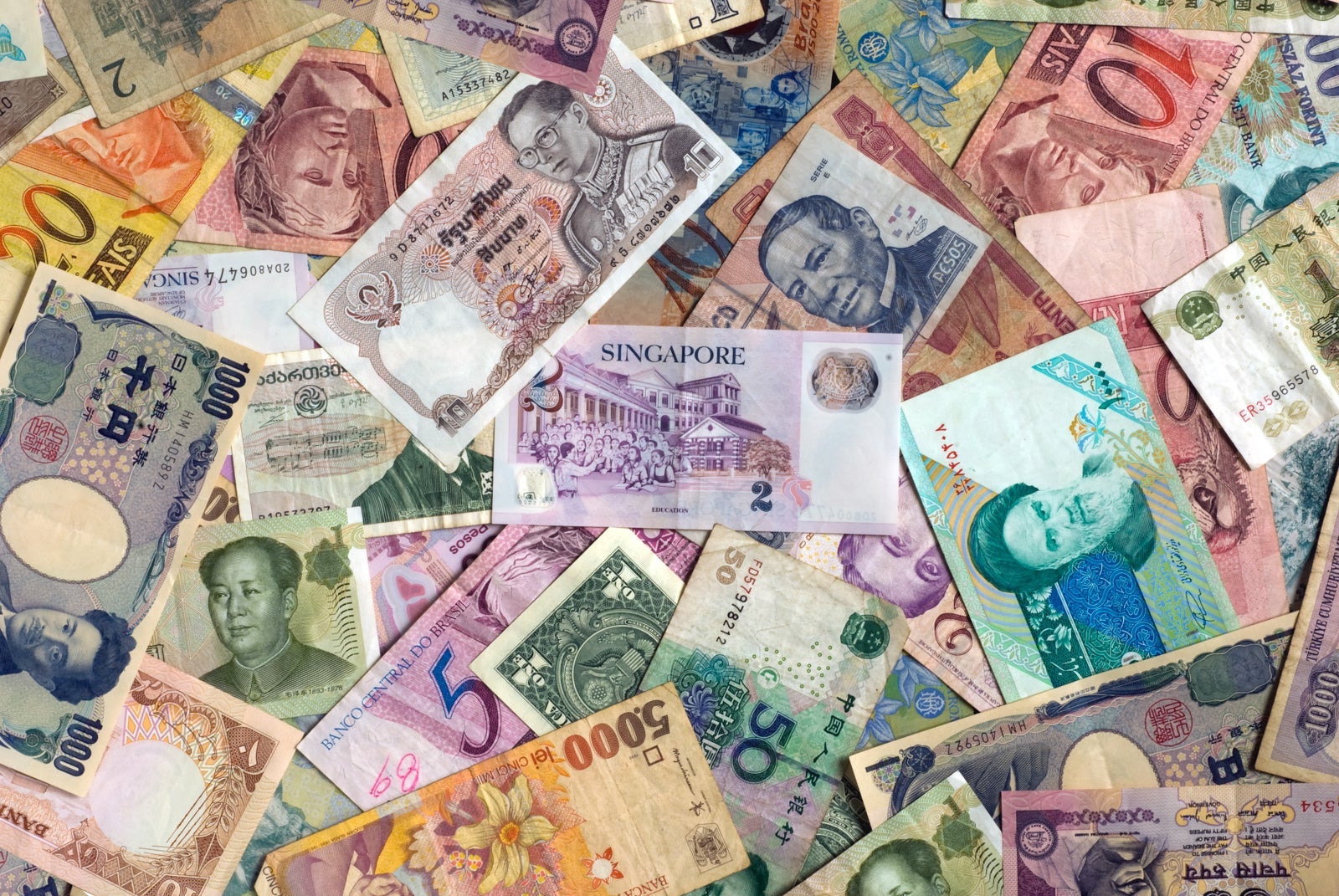What to know before exchanging currency for an international trip
Editor's Note
Whether you're making your way to Morocco or escaping everything in Thailand, successful globe-trotting requires a smart approach to avoiding extra fees when you make purchases. While you can make sure you have a card that does not charge foreign transaction fees, know that your card can't cover everything. Whether you find yourself in a hole-in-the-wall restaurant with no credit card payment terminal or you're hoping to tip the service staff at your hotel, you're going to need some cash. Here are four currency exchange tips to help you get the best deal on those dollars, yen, rand or whatever you're putting in your wallet.
1. Avoid airport kiosks
While exchanging currency at the airport is convenient, it comes with an extra cost. Those kiosks you see in high-profile locations in airport terminals pay huge rents and to make money they either charge you a significantly lower rate than the market rate or charge a sizable "transaction fee" — or both.
Multicurrency ATMs at U.K. airports that can dispense pounds, euro and U.S. dollars are also likely to give you an awful rate in exchange for this convenience.
If you do want to exchange cash before you leave, shop around for locations in towns and cities that are less convenient, but where there is more competition. A low-rent corner shop that advertises money exchange may be able to do a great rate for you. If you see a hole-in-the-wall exchange place with a queue down the road, they may have great rates too.
In general though, note that it is likely you will receive a better rate at your destination for your dollars even at an expensive but convenient airport kiosk. Ideally, try and find somewhere in a town or city at your destination rather than at an airport as they are likely to provide even better rates.

2. Plan ahead
If you are exchanging large amounts of money either before you go or at your destination, you may need to order it in advance. That booth on the high street may not have thousands of dollars of a certain currency on hand each day waiting for a big exchange to come in.
The more obscure the currency, the less actual currency the exchange operator is likely to have on hand. They might have thousands of U.S. dollars or euro, but New Zealand dollars or Mexican pesos may be required to be ordered.
For large amounts, especially if they are less common currencies, place an order at least a few days in advance to ensure you can pick up as much as you need. You'll probably be able to lock in the exchange rate then and there.
Related: How to avoid hidden costs when traveling

3. Your bank may reward you
If you want to exchange currency before a trip abroad, consider the rates at your local bank (though of course shop around, as discussed above). If you are comparing this to a high street exchange kiosk that has a slightly lower rate but does charge a transaction or service fee, you may still come out on top.
Related: Should you use a credit card to withdraw cash while traveling?

4. Know your ATM options
No matter how well you plan ahead, it's easy to find yourself in a cash crunch. If you do, don't just wander to the ATM on the next corner. Be prepared and know whether your bank has a network of partner institutions where you can save on costly ATM fees.
If you have an account with an international bank like HSBC or Santander, your account may be eligible for free ATM withdrawals in foreign currency at your bank's branded ATM anywhere in the world.
Just be absolutely sure you are aware of the fees and limits of this option before blindly withdrawing cash as you may be stung with multiple fees if you aren't certain of what you can do for free.
Bottom line
Exchanging cash before traveling can be a bit of a minefield with bad rates and high fees commonplace. Ideally use a no foreign transaction fee card to pay for purchases abroad as much as possible, so you don't have to exchange the cash in the first place or handle a foreign currency throughout your trip.
Where you must have cash, do your homework, shop around and try and get a rate as close to the market rate as possible.
Additional reporting by Ben Smithson.

